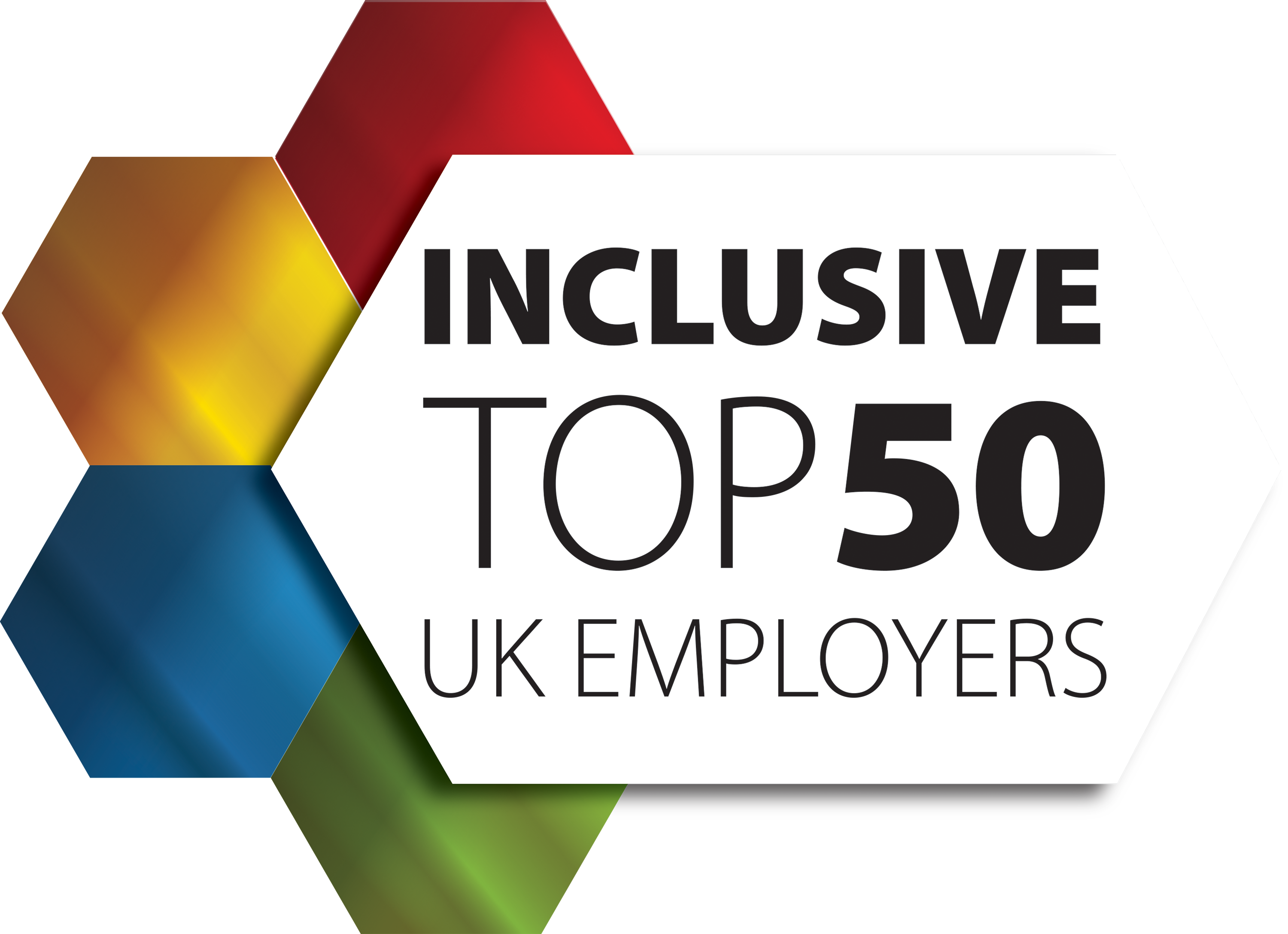 A shocking report has found that the majority of ethnic minority workers have experienced racial harassment at work in the last five years, and have been subjected to unfair treatment by their employer because of their race.
A shocking report has found that the majority of ethnic minority workers have experienced racial harassment at work in the last five years, and have been subjected to unfair treatment by their employer because of their race.
October 2018 marked the fiftieth anniversary of the introduction of Race Relations Amendment Act 1968 which outlawed, among other things, racial discrimination in employment – yet racism remains a widespread and endemic feature of everyday working life in Britain.
While there is a vast body of evidence relating to racial inequalities in employment, income, promotion and training, discussion relating to the role played in these outcomes by workplace racism remains fairly muted.
To address this, the Trade Union Congress (TUC) commissioned the Racism at Work survey. Stephen Ashe from The University of Manchester surveyed over 5000 people, who answered questions relating to various aspects of their everyday working lives.
The responses were shocking, with over 70% of ethnic minority workers saying that they have experienced racial harassment at work in the last five years, and around 60% saying that they have been subjected to unfair treatment by their employer because of their race. Almost half reported that racism had negatively impacted on their ability to do their job, and almost half have been subject to ‘verbal abuse and racist jokes’.
Many of the forms of workplace racism highlighted in this report are in fact hate crimes. This included over one in ten ethnic minority respondents and 6% of non-British white participants reporting that they had experienced racist violence at work. Also:
– A third reported that they had been bullied and/or subjected to insensitive questioning
– Almost 15% of women and 8% of men stated that racial discrimination had caused them to leave their job
– 28% of participants who reported experiencing racism at work reported having to take a period of sick leave
– Part time or non-permanent employees were more likely to report racial harassment and discrimination
Over 40% of those who reported a racist incident said they were either ignored, or that they had subsequently been identified as a ‘trouble maker’. Moreover, more than one-in-ten respondents raising a complaint said that they were subsequently disciplined or forced out of their job as a result of doing so.
“I’ve had three workplaces where I’ve had to bring grievances that were race related,” said one survey respondent. “I ended up on anti-depressants and suicidal – It makes you forget who you are, your strengths, your abilities. I’m a skilled intelligent woman who’s worked for 35 years, and I ended up barely able to send an email. I’m having to leave my job and take a wage reduction for a short-term post instead of my permanent one – it’s either that or my life.”
The survey also highlighted that many White British people believe globalisation, deindustrialisation, neoliberalism and austerity have had a disproportionate, detrimental impact on the ‘White working class’ – as a result, a number of participants expressed opposition to attempts to promote equality, diversity and inclusion in the workplace, while also opposing ‘positive discrimination’ and ‘political correctness’.
Among a number of recommendations, the authors of the report have called on the Government to commission a wide-ranging review into whether employers are fulfilling their equality duties, as well as legislating to make employers are responsible for protecting their workers against racism by third parties, and to ensure that anonymised application forms are used across all sectors of the labour market.









